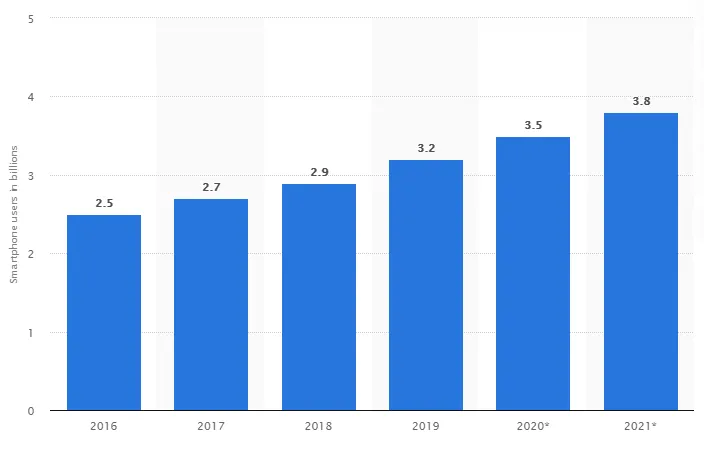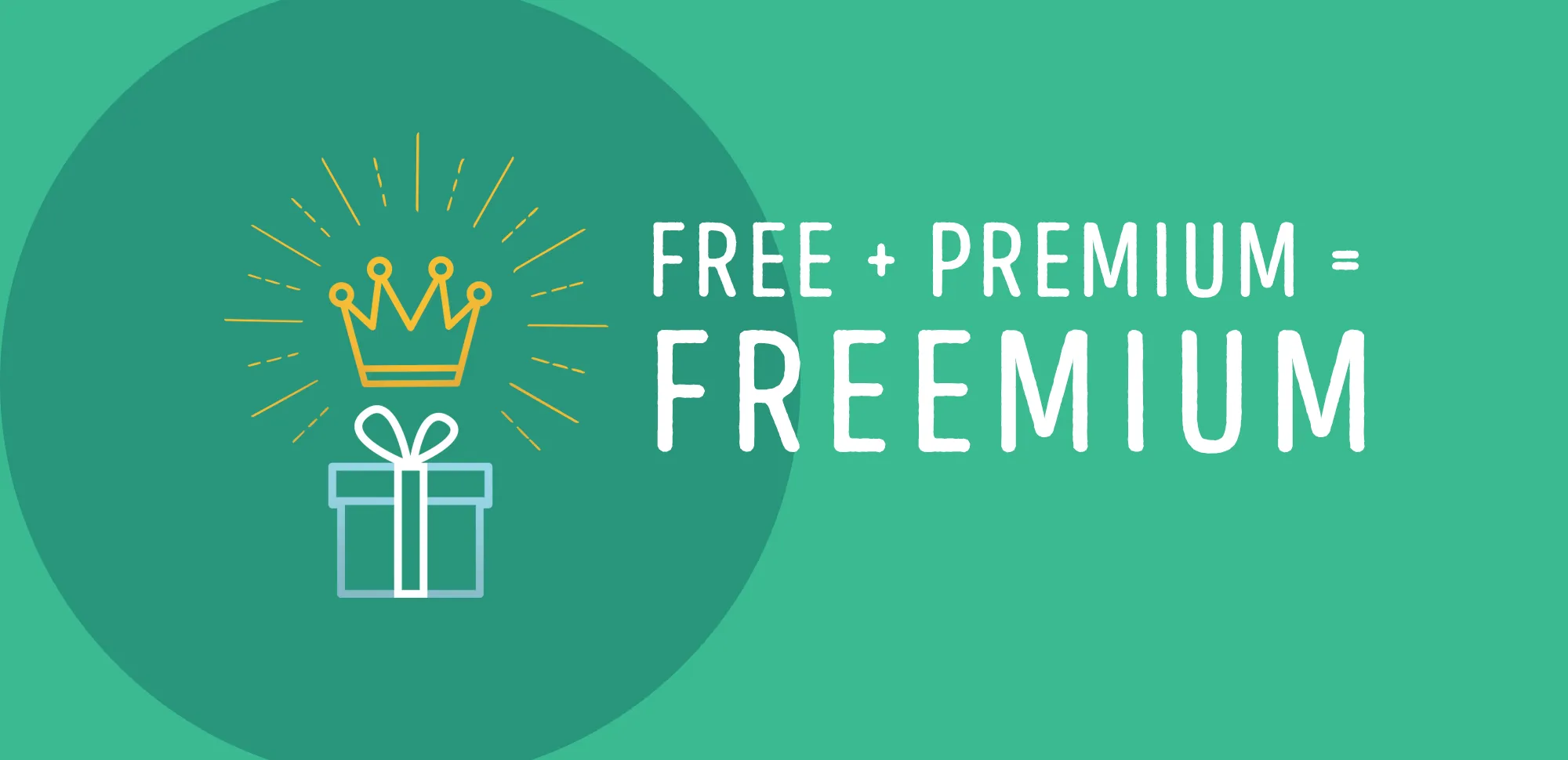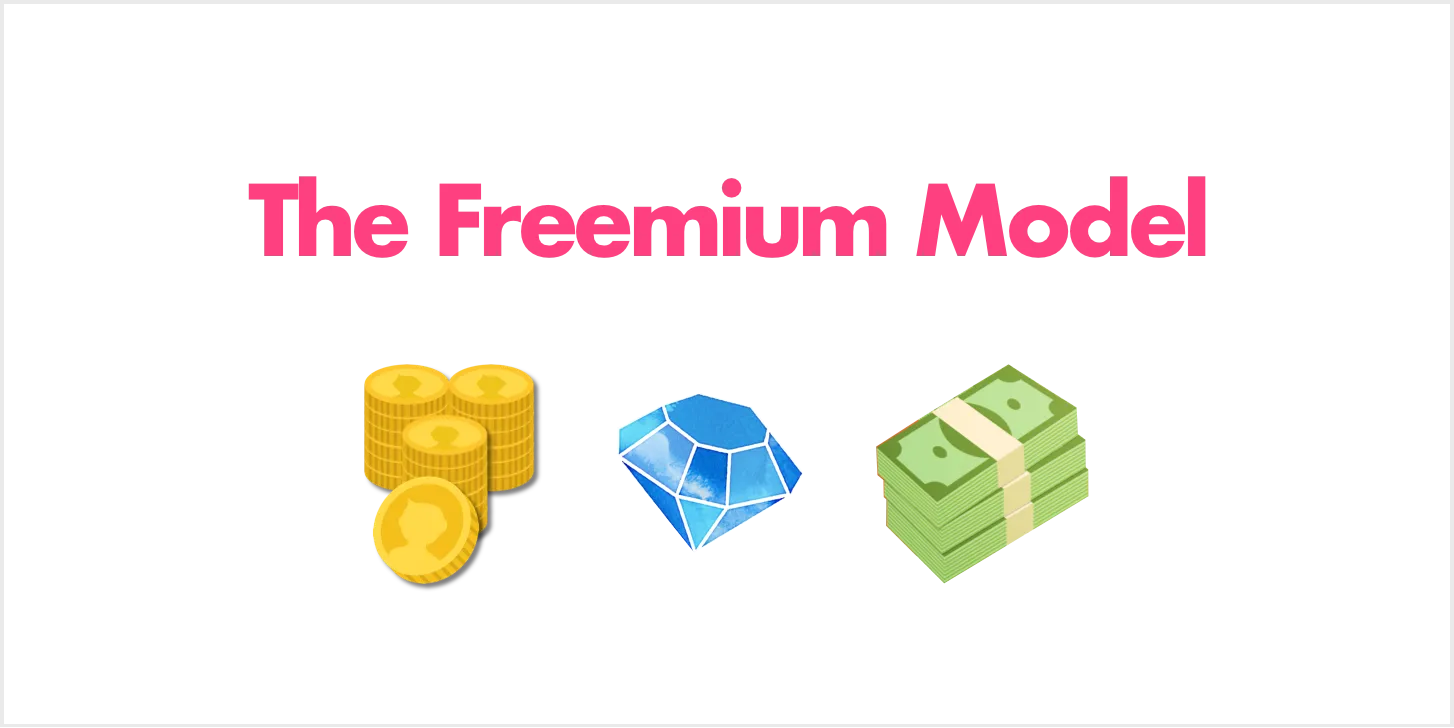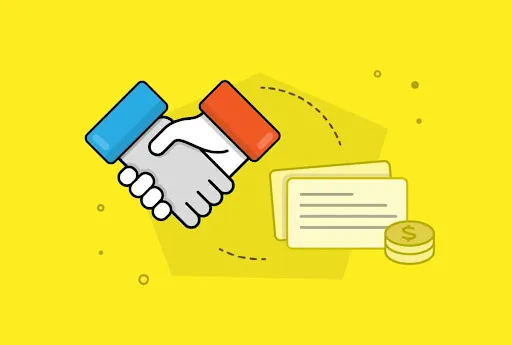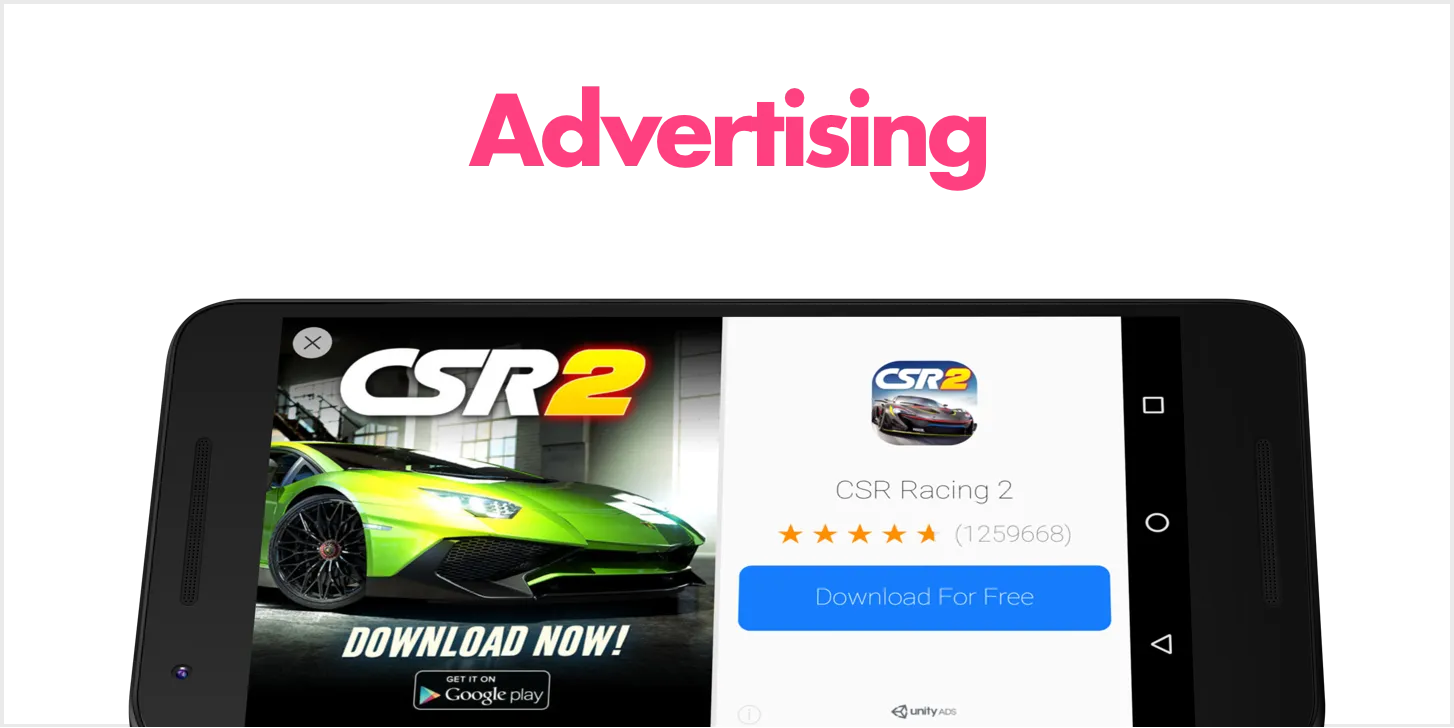The number of smartphone subscriptions worldwide today exceeds 6 billion and is forecasted to rise by several hundred million in the few upcoming years. (Statista).
It is clear that the number of mobile app users around the world will also be around the same count or more than that.
Due to the increasing usage of mobile app, most small, moderate, and large companies also prefer to develop high-fidelity apps for their business.
Businesses prefer to avail of mobile app development services from the company, which offers reliable Business app Models. Nowadays, mobile apps present a variety of ways to make money. But to use this thing correctly, it is important to select the best Business Models For Mobile Application Development. However, there are various ways you can go for monetizing your app.
Source: Statista
Let’s take a look at some mobile application models that you can choose to gain profit.
Unlock success with our tailored business models for mobile app development!
Know Which Are The Top App Monetization Models
Whether it’s a mobile game or a shopping/ photo editing app, the mobile market is pretty huge. If you have an idea of developing an app, then go with your idea, but you should also plan the revenue stream.
Here I have mentioned a few mobile app development business models that will, for sure, help businesses make money.
In order to make the best use of the business model in android applications and iOS applications, hire mobile app development services from an excellent Mobile app development company in India.
1. Freemium
Source: Google
It is one of the most favored ways of monetizing your app by offering it for free. But the users need to at least one purchase to receive all the benefits from the app.
While using music, antivirus, or such mobile applications, you must have noticed that several ads get opened without clicking on any button. This occurs because the apps use the uses a freemium model. The users are more likely to spend cash on an app’s premium features by offering the app for free.
The users are more likely to spend cash on an app’s premium features by offering the app for free. It helps in increasing retention rate and user engagement as well.
So, if you want to make money with your app, go for the freemium model. The best example of freemium apps is Candy Crush Saga, Clash of Clans, Duolingo, etc.
2. Commissioned Apps
This Business Model of mobile application development is based on revenue sharing between developers and clients. The developers make a certain percentage from each app sold.
This model is suitable for small business owners who do not have enough money to pay for an app development project upfront but want to earn money from their apps.
However, there are many risks involved in commissioning apps as you need to find a developer that will work with you. If you don’t find one, then your app will never be developed, and you won’t be able to monetize it at all.
Also, if your developer does not promote your app well or does something wrong with it during its development process, then again, there is no chance that your app will generate any income for you at all.
Commissioned Apps is probably best suited for companies that have some experience in developing apps or companies that know someone who can develop good quality apps quickly and easily without much cost involved.
Related Post: Mobile App Development Tips That Will Boost Start-ups Growth
3. Freemium Apps That Allow Multiple Purchases
Source: Google
Just like the basic freemium model, a multi-purchase freemium app allows users to put more money while using the application.
This thing is having usually been seen in mobile games. This model instigates the users to keep spending money on their free app by offering additional game items.
And many of the addicted users keep pumping money into the game to advance their rankings. Making money via mobile app depends on the model means which business model you have selected for your mobile app development.
4. Affiliate Marketing
One of many app monetization models, affiliate marketing, is based on partnerships. The business agrees to pay a commission for products or services that are sold through its app.
Many large brands work with affiliates, and it’s a great opportunity for influencers to earn money by driving sales for some of their favorite brands.
Amazon has an expansive affiliate program that’s one of the best in terms of being highly lucrative and very well-regarded. Other retailers have similar programs, like eBay’s Partner Network, where you can earn commissions from a wide variety of businesses through an app they use. Efficient referral monitoring is crucial in these programs, allowing both brands and influencers to monitor the performance of their collaborations.
Affiliate marketing isn’t just about making money; it’s also about building relationships. Influencers who partner with brands can help drive awareness, increase engagement and even boost loyalty.
In fact, according to research conducted by Nielsen Catalina Solutions, consumers who engage with branded content (including influencer content) are more likely to make a purchase than those who don’t.
Also Read: How To Build An Amazing Mobile App For Your Startup?
5. Sponsorships
It is one of the best app monetization options available in the market. The idea is to establish a brand presence within your app by adding an advertisement and affiliate link that generates revenue when users click on it.
You can also reward them with incentives (often referred to as click-through rewards) like games, exclusive content, coupons, or access to premium features.
The key here is getting more users to not only download your app but actually use it. That’s why many developers choose rewards over simple advertisements that just sit there and don’t give users much incentive to interact with them (especially if they have no use for your product).
Unlock success with our tailored business models for mobile app development!
It’s also important to make sure these types of promotions are legally compliant with all applicable laws regarding e-commerce sales. When done right, you can generate significant revenue from sponsorships alone.
Of course, you should always consider what will work best for your particular audience before making any decisions about how to monetize your app.
Also Read: Top Mobile App Development Frameworks in 2022: The Future of App Development
6. Premium
The Premium model (business model of mobile application) is one of the most common mobile app monetization models used by developers. It’s a simple and straightforward business model where users download your app for free and pay for premium features or services.
From in-app purchases to additional content, there are several different ways you can employ a premium model to make money with your app. One of these options is to charge users outright for downloading your app, while others include offering special members-only benefits in exchange for an annual subscription fee.
Another way to use a premium model (business model of mobile application) is through in-app advertising. You could allow advertisers to place ads inside your app, which you then sell ad space directly from within your app.
This works especially well if you already have a large user base that is highly engaged with your application since it allows advertisers access to that audience without having to go through third-party channels such as Google AdWords or Facebook Ads.
Finally, another option for using a premium model is by charging users for access to more advanced features within your application once they have downloaded it initially for free.
Additionally, if you are unable to use the Business Model of mobile applications successfully, then hire Mobile app developers from the best Mobile app development company. By doing so, you will adequately use an applied model.
Also Read: Why Travel & Tourism Industry Needs To Have Mobile Apps?
7. Subscriptions
The monetization strategy that best fits apps is subscriptions, with in-app purchases being a close second. Subscriptions work because they offer value to users, from saving them time or money and giving them something of use.
You can give content for free upfront and then offer advanced features for a monthly or yearly fee, or you can offer a version of your app with limited functionality, which after using it, users are prompted to upgrade to a paid app.
If you plan on using an ad-supported model, make sure that you have more than one source of income. In other words, don’t put all your eggs in one basket!
For example, if you plan on offering high-priced subscription tiers, consider offering more basic services as in-app purchases. This way, if someone doesn’t want to pay for full service but does want access to some portion of your application, they will be able to do so without paying through ads.
Also Read: The State of UI/UX Design in Mobile App Development: Trends
8. Data Monetization
Apps with access to some of your data can turn your information into money. This is done by selling you their services or by selling your information to someone else.
Companies like LinkedIn and Facebook sell their users’ information in return for a portion of ad revenue. Alternatively, a company could gather data about users’ habits and sell that information back to those same users as advice on how to act.
In either case, it’s important to remember that monetizing your app means giving up control over your user base; make sure you don’t fall into any traps along the way.
You should also be aware that many people are wary of apps that use their personal information, so tread carefully if you decide to go down this route.
Make sure to include an option for users to opt-out of data collection. While doing so will likely mean less profit, it’ll improve your reputation—and that alone may increase profits in other ways. Data Monetization is a very well-known business model for mobile applications.
Also Read: Mobile App Development Trends To Look
9. Advertising
One of the more popular app monetization models, advertising offers a way to make money from your free application by featuring ads in your app. Even if you want to offer an ad-free paid version of your application, it’s important to include advertising as a means of making money on mobile.
The problem with simply offering an ad-free version of your app is that most users don’t want to pay for something they can already get for free; it simply isn’t fair value.
However, when you incorporate advertising into an existing free product, users feel as though they are getting something extra if they choose to upgrade to a paid version with no ads—instead of paying less for a product that is still covered in ads.
Many apps use advertising to generate revenue while they build their user base and then transition to another model once they’ve established themselves and have enough users who are willing to pay for their service.
7. Advertising on Freemium Apps
Source: Google
The in-app purchase model is the popular Business Models In Android Applications. Although it has declined slightly in popularity over time, it still offers potential for many businesses to gain revenue and grow their user base.
The basic premise of in-app purchases is that customers can make payments within your application for extra features or capabilities; these purchases will directly correlate with income generated by your company.
In-App purchases are a popular business model of mobile applications because they offer users and customers an easy way to buy products from a platform they already enjoy using. Another benefit to using an in-app purchase system is that transactions happen without leaving your application, so you’re able to keep users engaged longer with less effort.
This also means that if you have multiple applications available on different platforms, you can use a single payment gateway to manage all of them—and thus reduce costs.
Overall, there are several benefits associated with using an in-app purchase system for your business. It’s important to note, however, that not all apps are well suited for such a model as some apps may not be able to support such a feature. You should consider whether or not your app would be suitable before moving forward with any changes.
Related Post: How To Kickstart Mobile Application Development
The Best Money Making Mobile Apps
Several mobile apps are there, which are making money by employing various sorts of business models. But among all the few, mobile apps are very famous for earning money by adopting the right sort of solution. View the list of top money-making mobile apps below:
- Amazon
- Netflix
- Uber
- Acorns
- Ola
- Foap
- Swagbucks
- Zomato
- Tinder
- LINE Manga
Summing Up
Monetization is not possible without selecting the correct business model. Although these are not just only ways of making money through apps, as every model works differently, some help you target the audience and make good reach in the market.
Many business apps might have failed to make money; usually, this happens when anyone chooses the incorrect business models for their mobile app.
If you are also confused about making the right choice for your mobile app or looking to develop a mobile application for your business, just hire mobile app developers from a recognized mobile app development company (ValueCoders).
ValueCoders holds 19+ years of domain experience, and our development team has launched 4500+ projects globally. The development team of the organization always tries to render valuable solutions to its clients.

